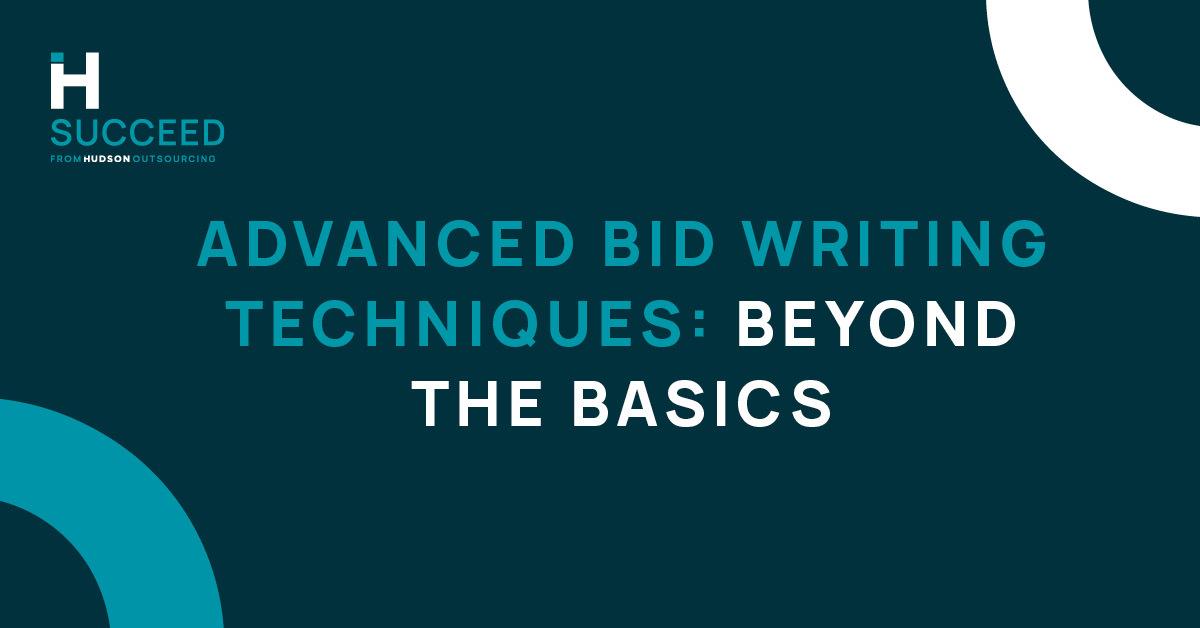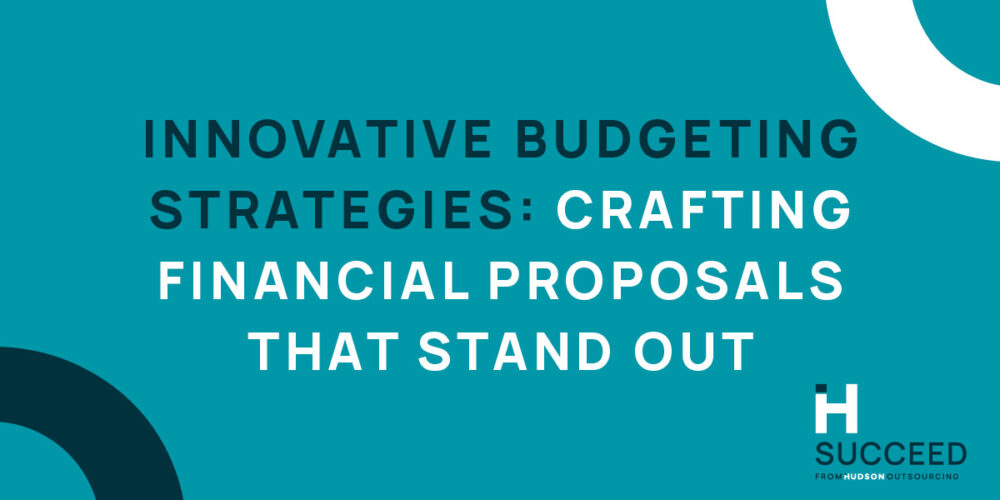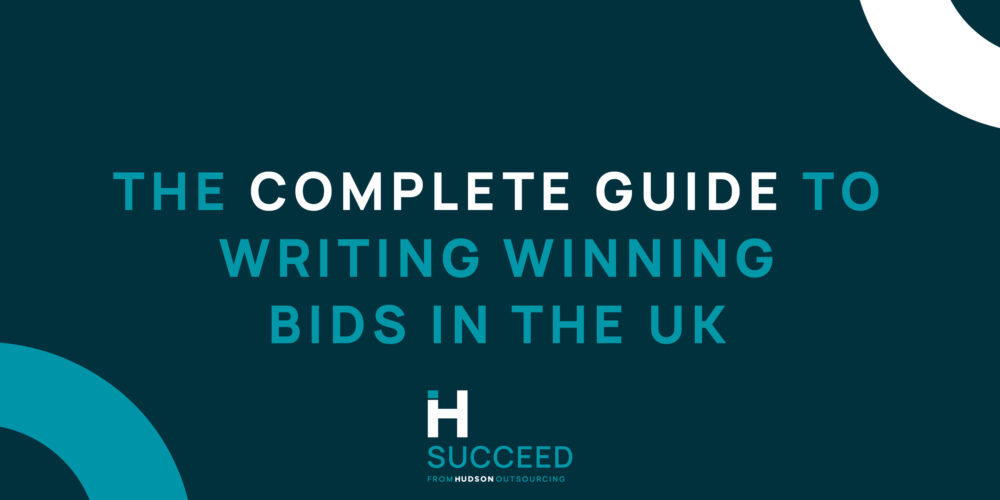
When it comes to securing contracts through competitive bids, basic skills are no longer enough. For tender consultants looking to make a lasting impression, advanced bid writing techniques are essential. Going beyond the basics in bid writing training can make all the difference in standing out from the competition, creating persuasive proposals, and winning bids. Here, we explore some advanced strategies and techniques that tender consultants can use to enhance their bid writing abilities and consistently deliver compelling submissions.
1. Deeply Understand the Client’s Needs and Objectives
Advanced bid writing requires going beyond a surface-level understanding of the client’s needs. This means thoroughly researching the client, their industry, and their goals. Consider the following:
- Client pain points: What challenges or issues are they facing that this project addresses?
- Strategic goals: How does the project align with their long-term objectives?
- Competitor analysis: Assess what competitors might propose and identify areas where you can offer unique value.
Demonstrating a nuanced understanding of the client’s needs allows you to tailor your proposal with targeted solutions that resonate.
2. Develop a Strong Value Proposition
An advanced bid doesn’t just meet requirements—it delivers clear, differentiated value. Crafting a compelling value proposition involves positioning your solution as the best choice. This includes:
- Highlighting Unique Selling Points (USPs): Showcase what makes your bid distinct from competitors.
- Quantifiable benefits: Whenever possible, quantify the benefits your solution provides (e.g., projected cost savings, efficiency gains, or improved outcomes).
- Storytelling: Use storytelling techniques to create a narrative that emotionally connects with the reader and emphasizes the impact of your proposal.
3. Use Data-Driven Insights and Evidence
Bids are more persuasive when backed by credible data. Incorporating relevant metrics, case studies, or previous project outcomes strengthens your proposal. Here’s how:
- Showcase success metrics: Provide data from similar projects where you delivered significant results, such as completion time, cost savings, or quality improvements.
- Include case studies and testimonials: Add short case studies or testimonials to build credibility and demonstrate your track record.
- Benchmarking: Use industry benchmarks to show that your approach is cost-effective, reliable, and in line with best practices.
4. Craft Persuasive Executive Summaries
The executive summary is often the first section evaluators read, making it crucial to set the tone and highlight key strengths. Advanced bid writers ensure their executive summaries are:
- Clear and concise: Summarize the most important points of the bid in a way that grabs attention without overwhelming the reader.
- Solution-focused: Directly address how your proposal meets the client’s specific needs.
- Impact-driven: Outline the value and impact of your solution, making a case for why your proposal deserves the contract.
5. Implement Strategic Compliance and Bid Structuring
A well-structured bid is not only easier to read but also more persuasive. Advanced bid writers pay close attention to:
- Compliance checklists: Make sure every bid element aligns with the tender specifications, including format, structure, and content requirements.
- Logical flow: Arrange sections logically, with clear transitions that make it easy for evaluators to follow and find essential information.
- Highlight compliance visually: Use tables, checklists, or bold text to make it easy for evaluators to see that you meet the requirements at a glance.
6. Optimize for Readability and Visual Appeal
Advanced bid writing isn’t just about what you say—it’s about how you present it. Effective use of visuals and formatting can enhance clarity and make your bid more engaging:
- Formatting for readability: Use headings, bullet points, and white space to make the document easy to scan.
- Incorporate visual aids: Diagrams, charts, and infographics can clarify complex points and reinforce key messages.
- Design consistency: Ensure all visuals and formatting align with the client’s brand guidelines or preferences, creating a professional and cohesive presentation.
7. Anticipate and Address Potential Objections
Every bid faces scrutiny, and evaluators often have reservations or questions. Addressing these potential objections proactively can demonstrate foresight and build trust:
- Risk mitigation: Outline potential risks and detail your strategies to manage or mitigate them.
- Provide alternatives: Offer flexible options within your proposal to accommodate budget or timeline constraints.
- Show responsiveness: Demonstrate that you’ve considered their concerns by directly addressing any common objections related to cost, timelines, or resources.
8. Emphasize Team Expertise and Experience
Clients want assurance that the proposed team can deliver on the project. Instead of just listing team members, emphasize their qualifications in a way that reassures the client of your team’s expertise:
- Highlight relevant experience: Emphasize each team member’s experience on similar projects, focusing on successful outcomes.
- Include testimonials: Where possible, include client testimonials or feedback that vouches for your team’s skill and professionalism.
- Demonstrate synergy: Show how your team’s combined skills are greater than the sum of its parts, presenting a cohesive, collaborative group capable of meeting challenges.
9. Leverage Technology for Consistency and Accuracy
Advanced tender consultants use technology to streamline the bid writing process, ensuring precision and professionalism:
- Bid management software: Tools like Qorus or Loopio help track and manage responses, ensuring consistency across all bids.
- Data-driven insights: Use analytics tools to measure the effectiveness of previous bids, identifying what works and iterating on it.
- Proofing and compliance checks: Use AI-powered tools to conduct final proofreads and compliance checks, minimizing errors and ensuring a high standard of professionalism.
Conclusion
Mastering advanced bid writing techniques is a valuable investment for tender consultants aiming to stand out in a competitive market. By understanding client needs on a deeper level, building strong value propositions, incorporating data, and presenting a well-structured bid, consultants can increase their chances of winning bids significantly. Beyond the basics, these advanced techniques are about precision, professionalism, and personalization—qualities that clients look for when entrusting a partner with a project. For any tender consultant seeking excellence, these advanced methods can be the deciding factor in winning contracts and establishing a lasting reputation for quality.
Embracing these advanced techniques through targeted bid writing training can help consultants not only meet expectations but exceed them, positioning themselves as strategic partners and trusted experts in the industry.










